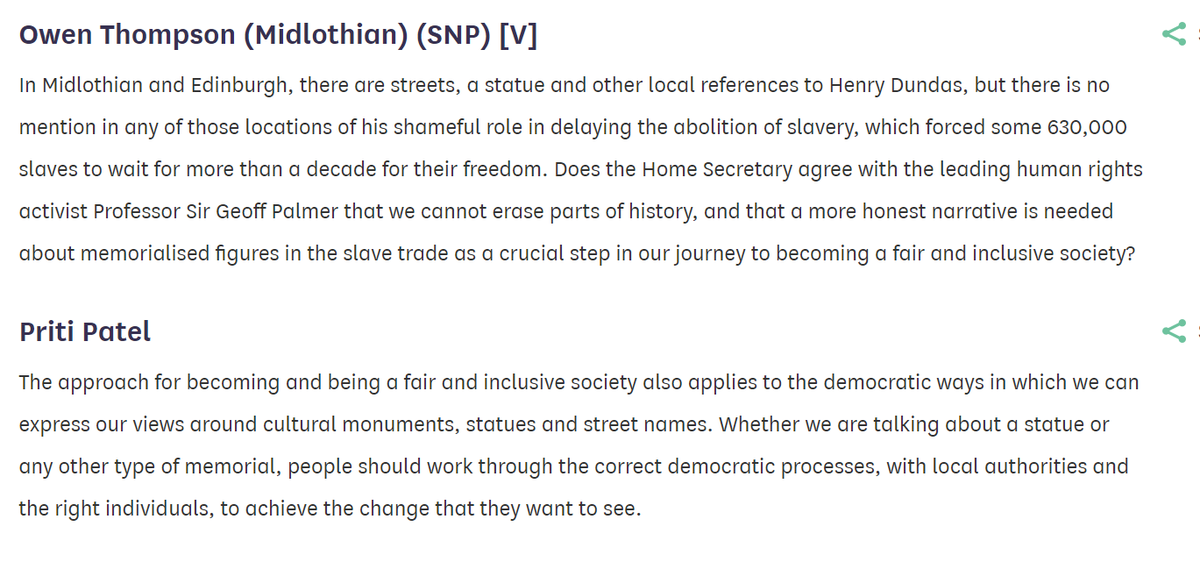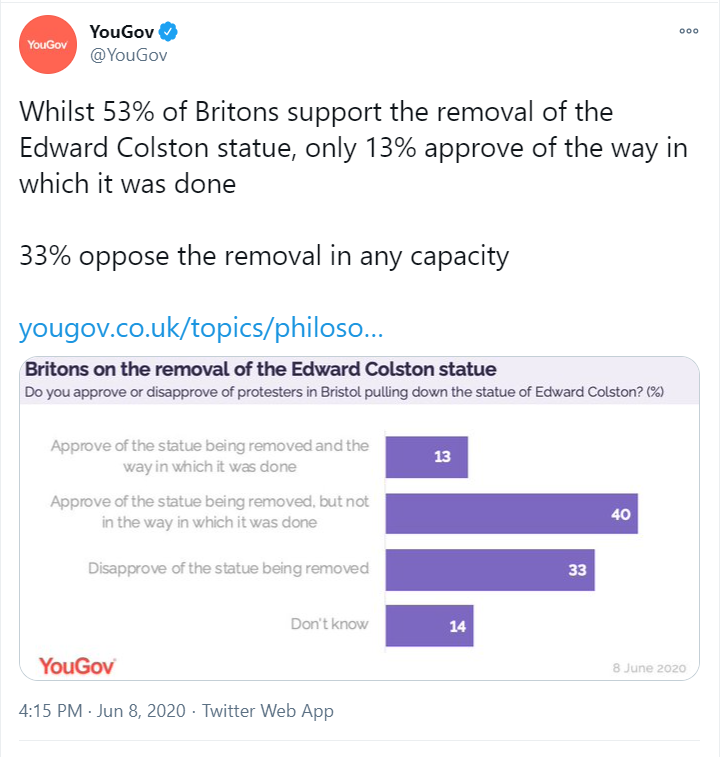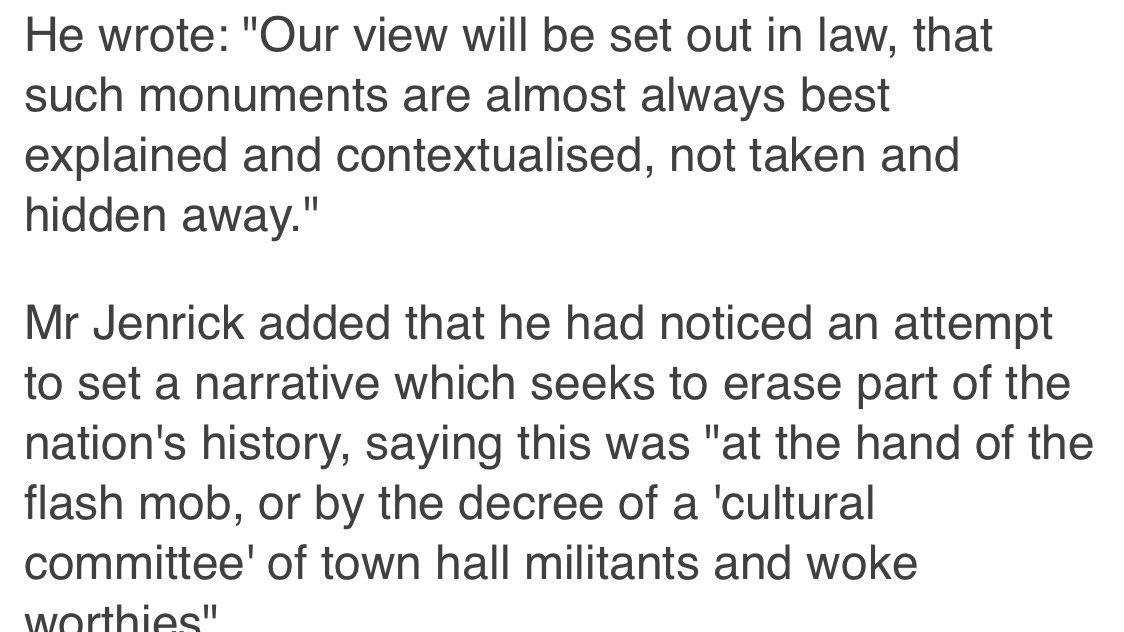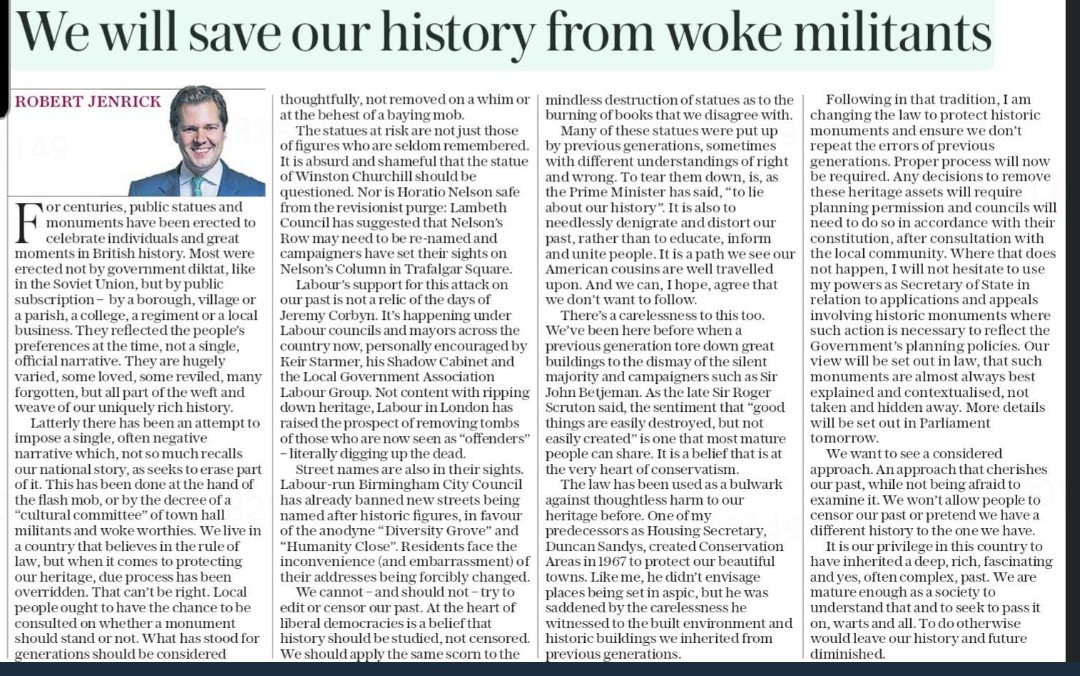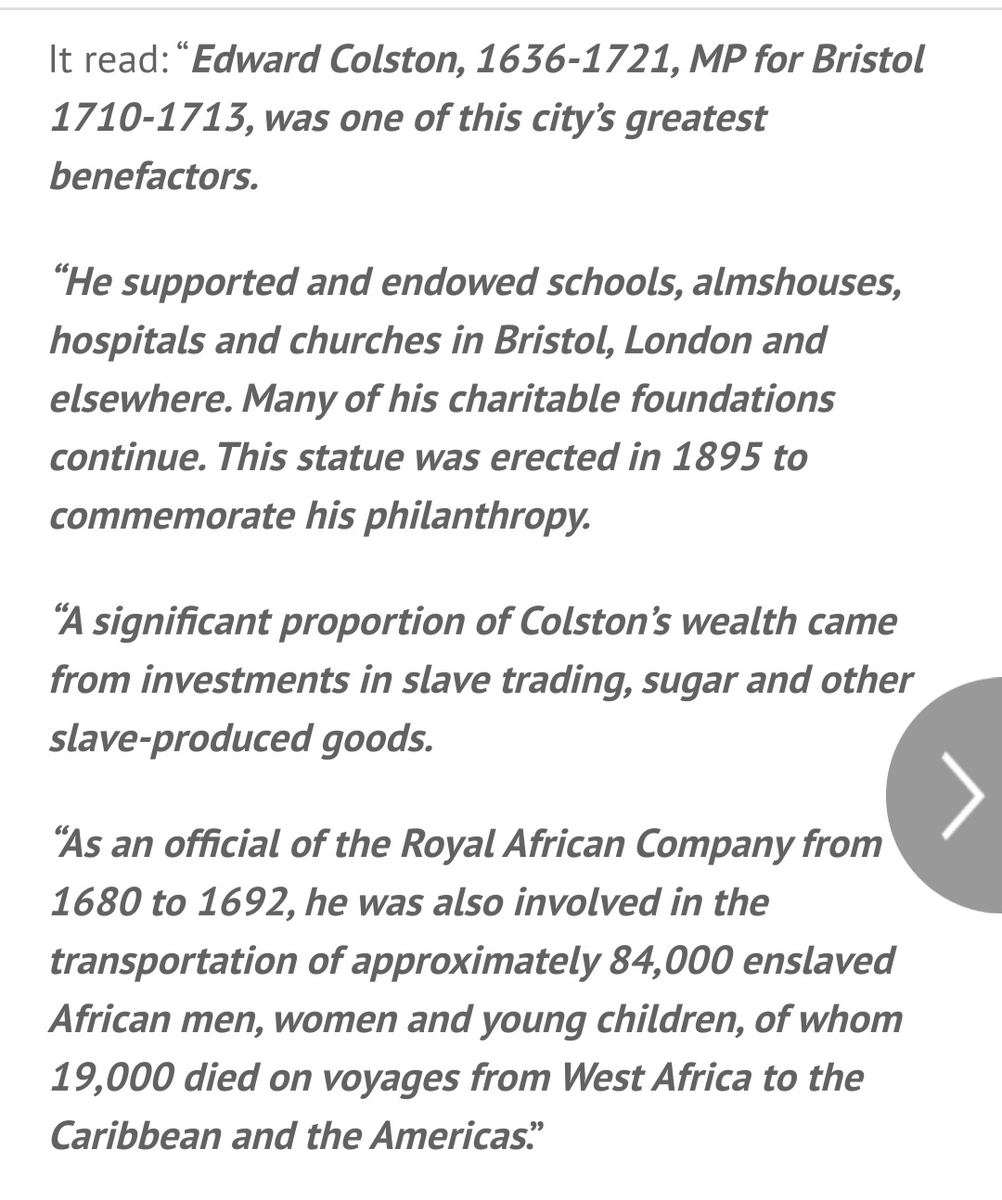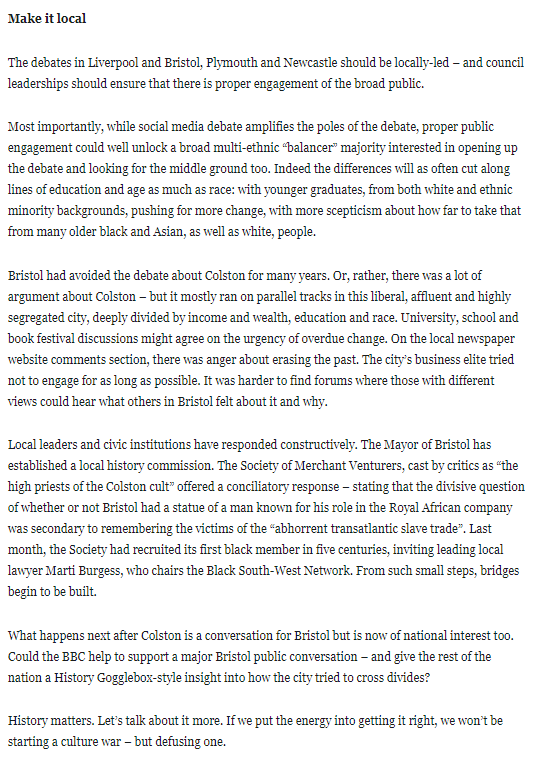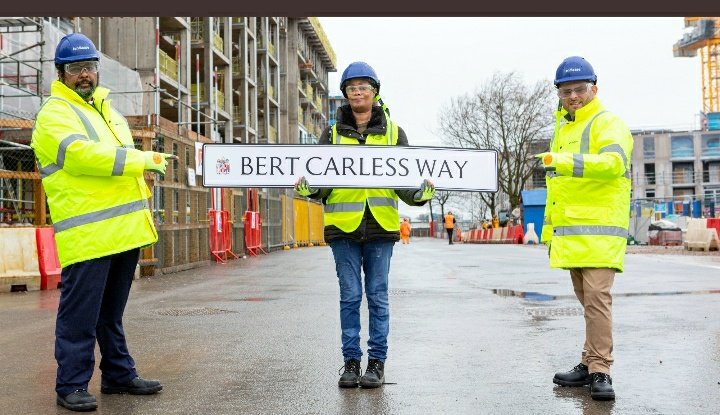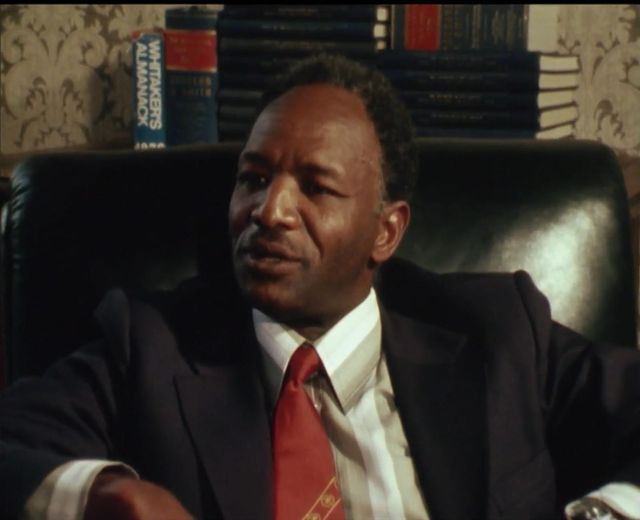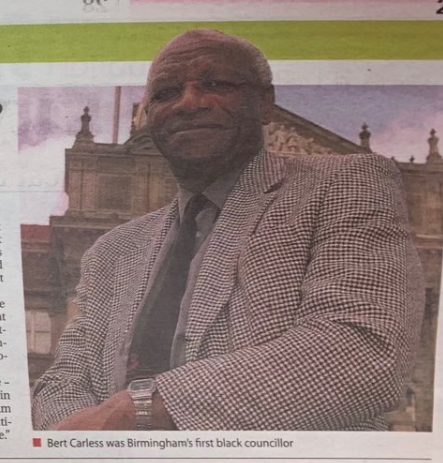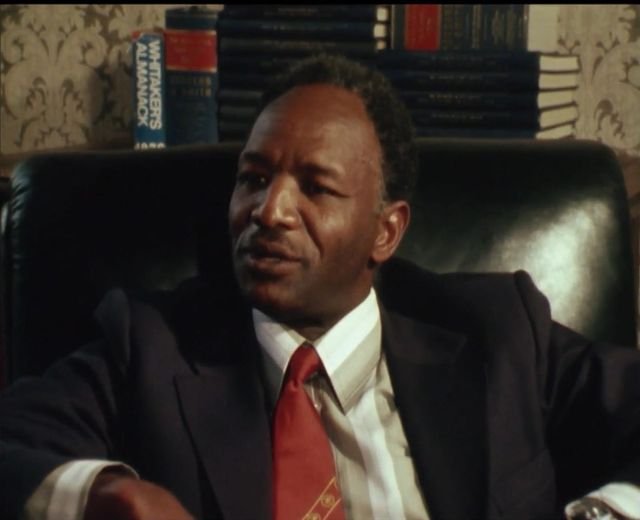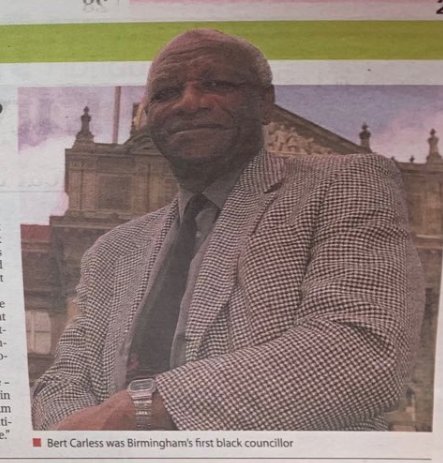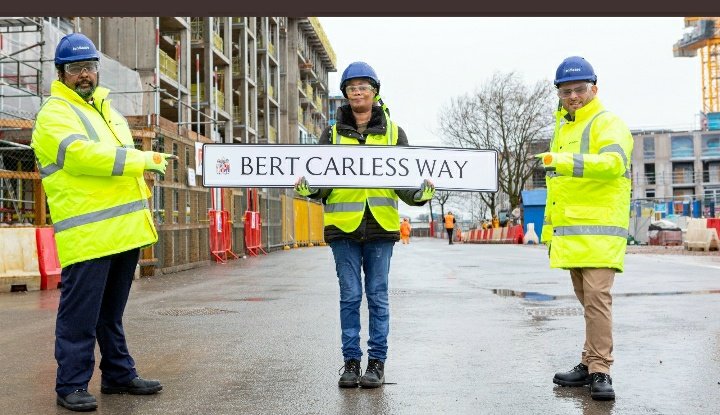It is fine to have a proper process to debate new statues, old statues, or street names - but the government is going to need to come up with a clearer distinction between "baying mobs" and "local democratic decision-making" in challenging the latter too https://twitter.com/christopherhope/status/1350573463321391104
Home Secretary Priti Patel in Commons, after the Colston statue came down. She argued that "becoming a fair and inclusive society applies to the democratic ways in which we can express our views about street names", recommending democratic process to campaign for changes properly
For example, Cardiff Council voted by 57 votes to 5 to remove the statue of Thomas Picton whose use of torture had caused an outcry at the time back in 1806. There is quite strong evidence the public consultation in 1913 didn't want him, but was ignored https://twitter.com/sundersays/status/1286778278158766080
This is presumably the type of case where a Council can proceed - with an additional amount of red tape and bureaucratic hurdles (for which there is probably some case, up to a point, though not for a veto on any changes) https://twitter.com/DrRoundglasses/status/1286587242866257920
I am glad to see the government is in favour of contextualising. It becomes a bit confusing if people who say "contextualise, don't remove" then launch anti-woke campaigns to oppose all contextualisation too https://twitter.com/Zehra_Zaidi/status/1350587423709921281
My "Compromise on Statues" common ground campaign remains open
- Engage public properly in decisions
- Talk more about what to put UP, not just what to remove
- Contextualise > Remove (mostly)
- Consider putting egregious/evil examples to museums https://capx.co/how-talking-more-about-our-history-can-defuse-a-culture-war/
- Engage public properly in decisions
- Talk more about what to put UP, not just what to remove
- Contextualise > Remove (mostly)
- Consider putting egregious/evil examples to museums https://capx.co/how-talking-more-about-our-history-can-defuse-a-culture-war/
Strong evidence that more can unite than divide people on history. Thread.
I've some more findings to publish on this in next couple of months. Do want to do more on it & push against getting lost in a culture war stand-off most people don't get or want https://threadreaderapp.com/thread/1271859063832416257.html
I've some more findings to publish on this in next couple of months. Do want to do more on it & push against getting lost in a culture war stand-off most people don't get or want https://threadreaderapp.com/thread/1271859063832416257.html
We are all shaped by the past, which we can't change now. We are responsible for how we choose to live with it.
I don't see much point of 'should we change the names' if you didn't do anything to engage people first in understanding the history https://twitter.com/TaraOConnor_/status/1316042237265010689
I don't see much point of 'should we change the names' if you didn't do anything to engage people first in understanding the history https://twitter.com/TaraOConnor_/status/1316042237265010689
Sensible public views. Pulling down statues outside the law - and defending every statue of a slaver are both minority views.
So is removing loads of statues - but putting some more statues up to broaden our sense of history would be more popular.
So is removing loads of statues - but putting some more statues up to broaden our sense of history would be more popular.
The law will set out governments view that such monuments are "almost always" best explained and contextualised. A bit rhetorical. It will allow for statues to be removed. Many other reasons they get moved too (new developments, using other ones in storage, change of mind/taste)
Could contextualise the statue. "Former Chairman thought this would be great, but the fans felt it odd, had nothing to do with the club. Its subject was involved in many legal settlements over the nature of his relationships with young children". Popular choice was to remove it
As a matter of fact, is Culture Secretary's claim that "Birmingham City Council have banned new streets being named after historic figures" true?
Does its decision about some street names entail a ban on the names of others? What form does this ban take? When was it introduced?
Does its decision about some street names entail a ban on the names of others? What form does this ban take? When was it introduced?
In the case of Colston, the claim that it had been erected via public subscription was a propagandist lie.
Members of the Colston societies didn't stump up the cash; a public appeal that failed entirely; then the organisers pretended it hadn't. https://twitter.com/sundersays/status/1269739837227249665
Members of the Colston societies didn't stump up the cash; a public appeal that failed entirely; then the organisers pretended it hadn't. https://twitter.com/sundersays/status/1269739837227249665
I am wary of idea of removing lots of statues. Colston one special case: his record, the scale of his veneration in Bristol, and extended local campaign. (It was a failure of local politics where even new plaque got stuck). This was the more pro-Colston of the two drafts
Both sides accuse the other of stoking "culture war" polarisation. The route through this involves proper public engagement locally; that is now happening in Bristol, and leadership to do that properly and constructively.
But we should oppose "Snowflake Jujitsu" where some voices on the cultural right are making a very confused argument which seems to seek a right not to be offended by historical research, and by the free speech of those they don't agree with https://twitter.com/sundersays/status/1326619657852301313?s=19
As the unveiling of Bert Carless Way last month showed, there is no such ban on street names in Birmingham being named after people (though they can not be living people, a rule often used elsewhere too).
This appears to be how the confusion and mistake in the Culture Secretary's piece arose https://twitter.com/sundersays/status/1350775504551469056?s=19
Bert Carless was Birmingham's first black councillor - in 1979, first standing in 1972. He came to Britain aged 21 from Jamaica, where he had been a diesel mechanic in a sugar manufacturing plant. He was awarded an OBE in 1998. He died in 2003.
https://www.thefreelibrary.com/A+history+maker+with+education+in+his+blood%3B+You%27re+honoured%3A...-a061435431
https://www.thefreelibrary.com/A+history+maker+with+education+in+his+blood%3B+You%27re+honoured%3A...-a061435431
This road named after him on 18.12. 2020 in the Perry Barr development where 6 roads got generic names relating to Commonwealth & British values after public competition. I prefer the specific reference: eg I've now learned something about Birmingham today
https://www.birmingham.gov.uk/news/article/775/perry_barr_street_to_be_named_after_birmingham_s_first_black_councillor
https://www.birmingham.gov.uk/news/article/775/perry_barr_street_to_be_named_after_birmingham_s_first_black_councillor
Rather than a grudging correction about the mistaken claim, perhaps both the Sunday Telegraph and the Communities Secretary @robertjenrick could say something nice about why Bert Carless was recognised in this way. Which may also make the point for named streets.
Sorry, my thread has been mixing up the Communities Secretary with the Culture Secretary, owing to a brain freeze. They are making quite similar arguments in the same newspaper, as these issues link up their Culture and Planning/Communities roles.
I have filled in a @Telegraph online form, with my suggestion that the correction of the inaccuracy could also recognise the contribution of Mr Bert Carless OBE. I hope @RobertJenrick may also want to do that, as Communities Secretary.

 Read on Twitter
Read on Twitter